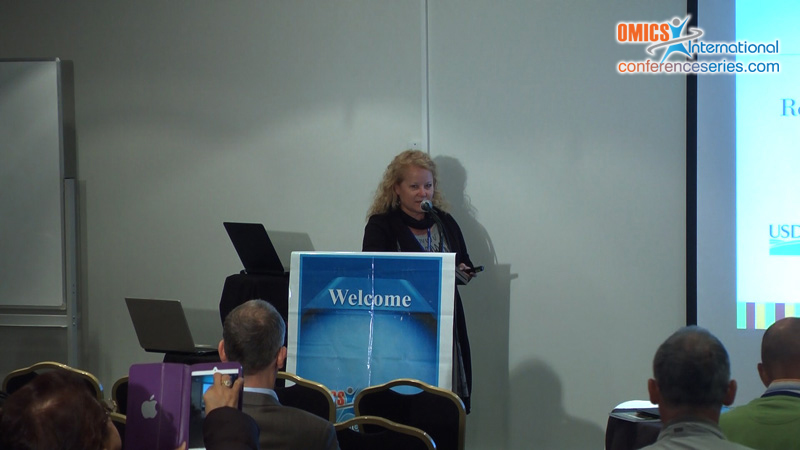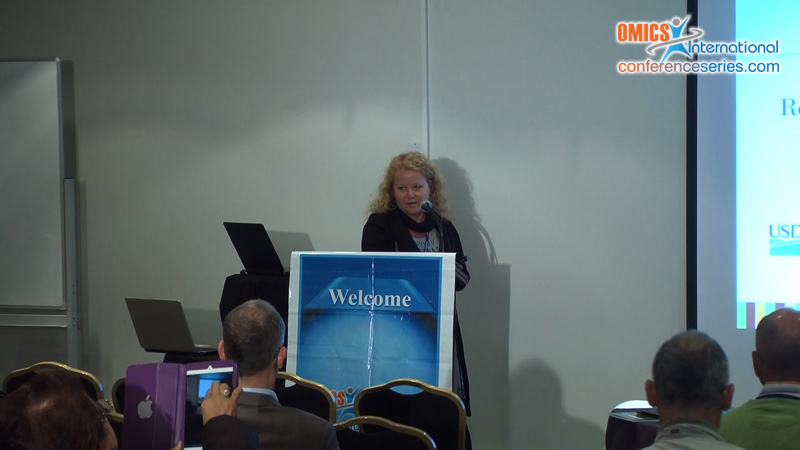
Lew-Tabor
The University of Queensland, St. Lucia, Queensland, Australia
Title: Reverse Vaccinology Approach for Tick Vaccine Development
Biography
Biography: Lew-Tabor
Abstract
Tropical and sub-tropical cattle industries worldwide are threatened by the Rhipicephalus microplus species complex (cattle ticks) with losses due to infestations estimated at $US2.5b annually. Rising tick acaricide resistance and the variable success of Bm86 gut antigen vaccines has diminished options for tick control. Researchers world-wide continue to assess new tick antigens which could potentially protect cattle from different tick species from all relevant geographic locations. A seven year research program undertook a bioinformatics genomics approach to identify putative cattle tick vaccine antigens. This was experimental due to the lack of a complete genome sequence with access to an EST sequence database. Protein databases were screened for domains described as secreted, extracellular and/or transmembrane. R. microplus ESTs with these identified domains were selected for further study. Gene discovery (subtraction hybridization, microarray screening) was also undertaken to identify novel transcripts associated with different tick stages including ticks collected from tick resistant breeds of cattle. Approximately 400 ESTs were subsequently selected for further study. After stringent bioinformatics and localisation analysis using quantitative RT-PCR, the list was reduced to 250 candidates. At this stage, B cell epitope predictions (antibody binding) led to the in vitro screening of over 700 synthetic peptides to identify those recognized by tick resistant cattle. Corresponding antibodies were fed to ticks in vitro to identify 24 antigens producing strong anti-tick effects. Cattle tick challenge trials have yielded 87% protection using a mixture of antigens with on-going research identifying individual antigens with strong anti-tick effects in vivo.


